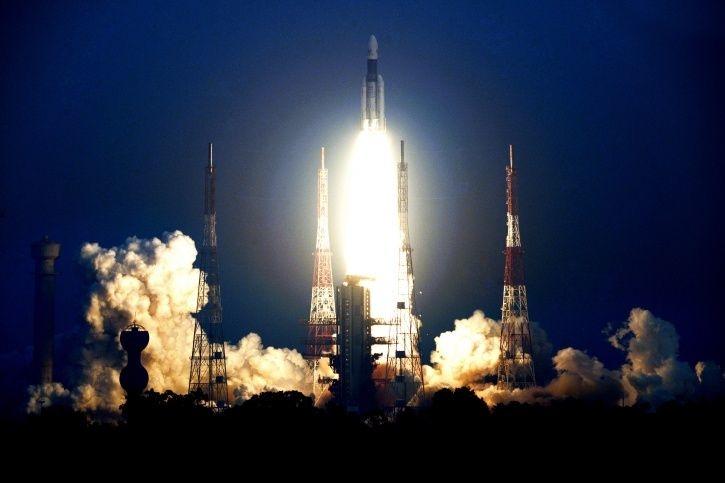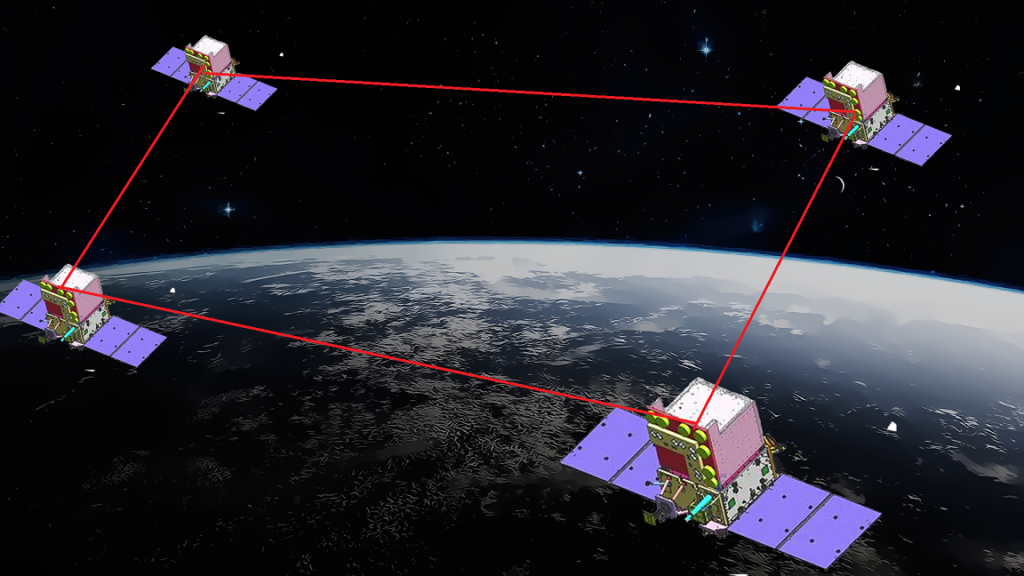DRDO soon to launch electronic spy in space called EMISAT, will catch out enemies base camp

India on April 1 will launch an electronic intelligence satellite Emisat for the Defence Research Development Organisation (DRDO) along with 28 third-party satellites and also demonstrate its new technologies like three different orbits with a new variant of PSLV rocket, ISRO said on Saturday.
The highlight of this launch in EMISAT, which is a powerful surveillance satellite, developed by ISRO and DRDO (Defense Research and Development Organization).
EMISAT is primarily based on the famous Israeli spy satellite called SARAL or (Satellite with ARgos and ALtika), and inherits its SSB-2 bus protocol for conducting sharp electronic surveillance across the length and breadth of India.

EMISAT will use SARAL’s special altimeter called AltiKa (Built by CNES, as well as a Doris instrument), which will primarily work in Ka-band, 35 GHz. The single frequency KA-Band will empower EMISAT to scan through ice, rain, coastal zones, land masses, forests, and wave heights without any hiccups.
First acknowledged in the Ministry of Defence annual report 2013-14, EMISAT took 8 years to develop, and its payload was developed under Project KAUTILYA by Defence Electronics Research Laboratory (DLRL), Hyderabad.
Speciality Of PSLV-C45 Launch
Sivan, Chairman, Indian Space Research Organisation (ISRO) has confirmed that the launch of 30 satellites via PSLV-C45 launcher is a special one for ISRO.For the first time ever, a launcher will place satellites in 3 different orbits.
He said, “It is a special mission for us. We will be using a PSLV rocket with four strap-on motors. Further, for the first time we will be trying to orbit the rocket at three different altitudes. To start with, PSLC-C45 will place EMISAT into a 749 km orbit (EMISAT weighs 436 kgs).
Later, the remaining 28 satellites will be placed in the 504 kms latitude. And then finally, the launcher will dip further down to 485 kms orbit, and place three experimental payloads:

- Automatic Identification System (AIS) from ISRO for Maritime satellite applications
- Automatic Packet Repeating System (APRS) from AMSAT (Radio Amateur Satellite Corporation), India
- Advanced Retarding Potential Analyser for Ionospheric Studies (ARIS) from Indian Institute of Space Science and Technology (IIST)
PSLV-C45 will launch on April 1st at 9 AM, and the overall flight sequence will take 180 minutes.
